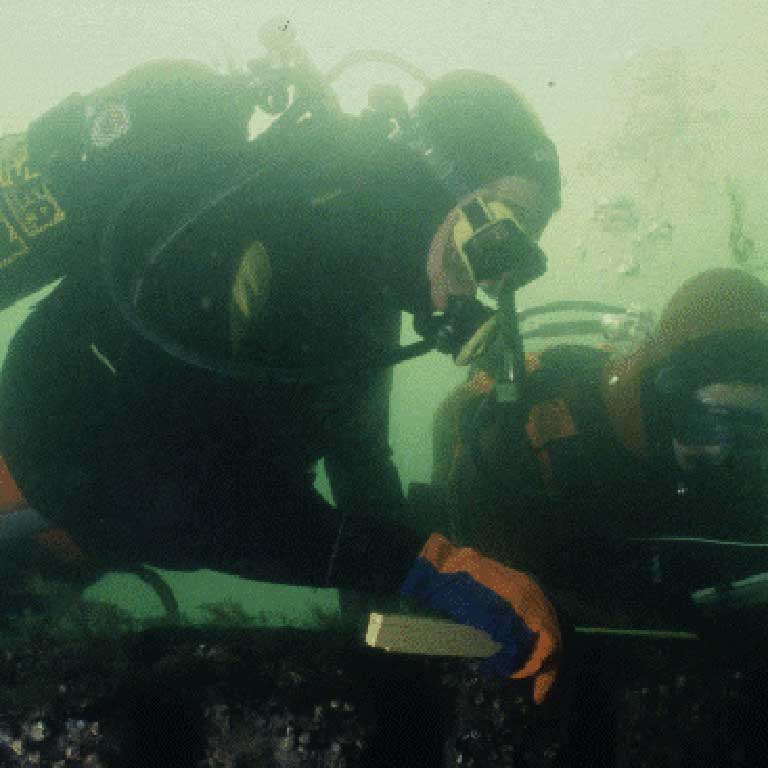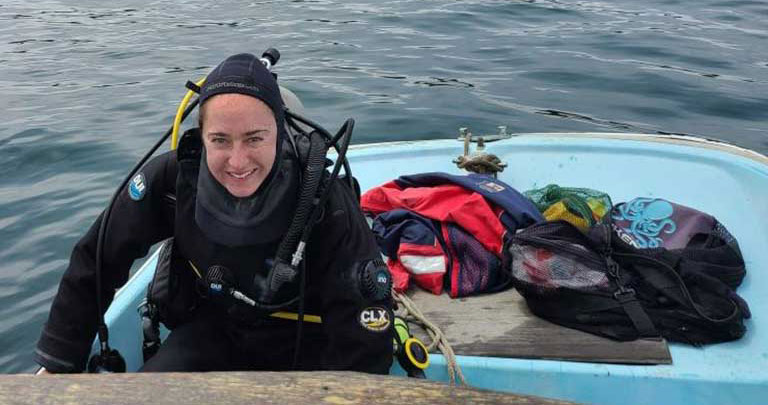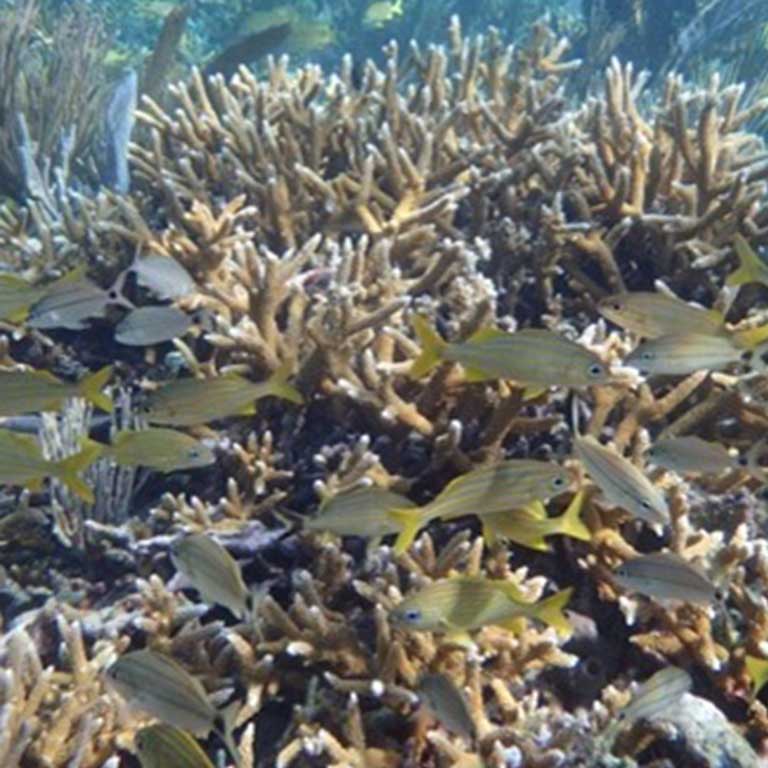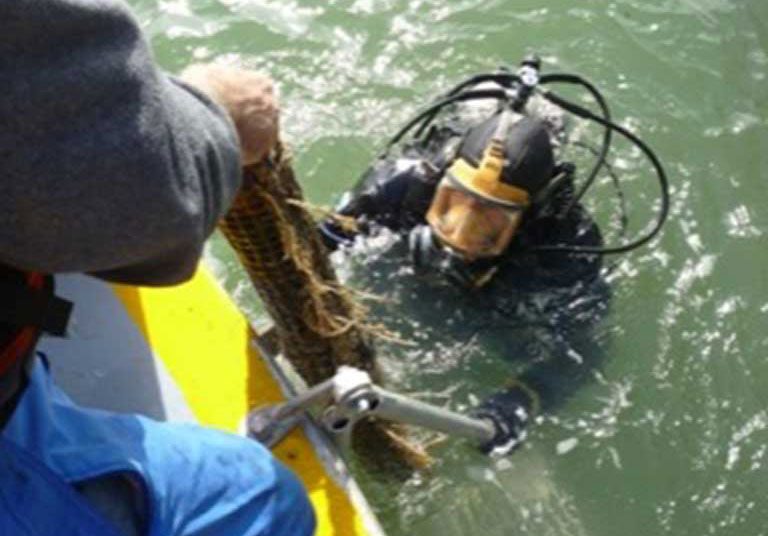AMS is an American Academy of Underwater Sciences (AAUS) Organizational Member. The AAUS is an international consortium of universities, government agencies, museums, aquariums, environmental consulting firms, community science groups, and individuals that are committed to safety and using scuba diving for research. AMS scientific divers have been involved in a variety of projects including:
Marine Baseline Habitat and Ecological Sensitivity Survey at the Chevron Estero Bay Marine Terminal for the California State Lands Commission
AMS scientific divers designed and implemented a marine biological survey of Estero Bay, California to determine the habitats and biological communities affected by proposed marine terminal abandonment activities, evaluate the ecological and commercial importance of these habitats and biological communities, and determine whether proposed activities would have a significant impact on sensitive habitats and species.
NPDES Outfall and NPDES Ocean Water Monitoring for the City of Fort Bragg, California
Since 2007, AMS has been repeatedly selected by the City of Fort Bragg, in Northern California to assist with National Pollutant Discharge Elimination System (NPDES) permitting related to their ocean wastewater outfall. AMS developed and implemented a monitoring plan, which requires scientific divers to inspect and record video documentation of the diffusers along the outfall, conduct benthic transects, and collect water and sediment samples to determine whether the wastewater discharge has impaired any beneficial uses in the receiving water.
Venoco Casitas Pier (Carpinteria) Essential Fish Habitat Assessment
AMS was contracted by the Venoco Petroleum Company to conduct Essential Fish Habitat (EFH), Habitat Areas of Particular Concern (HAPC), and non-native and invasive species assessments for the Casitas Pier in Carpinteria, California. AMS conducted scientific diver transects around the pier to identify the presence of hard substrate habitat or non-native and invasive species that would potentially be affected or disturbed by pile replacement.
In-situ Bioaccumulation Monitoring in San Francisco Bay and Estuary
Since 1993, AMS has been instrumental in the design and management of the multi-million-dollar annual Regional Monitoring Program for Water Quality in San Francisco Bay (RMP). A key element of this study has been an in-situ bioaccumulation monitoring element in which transplanted mussels, oysters, and resident clams are collected and analyzed for various organic and inorganic constituents. Over time, AMS divers conducted more than 500 dives transplanting bivalves from clean coastal areas to fixed locations throughout San Francisco Bay.
Coral Reef Restoration and Monitoring
AMS staff have been involved in a variety of projects around the world designed to assess and restore coral reef ecosystems. These projects include the monitoring and maintenance of offshore coral nurseries in Florida and the Bahamas which were used to cultivate stony corals and then outplant them back to areas of degraded reef. Other projects have included government funded monitoring efforts to assess the long-term health of coral reefs following beach nourishment and urbanization.





